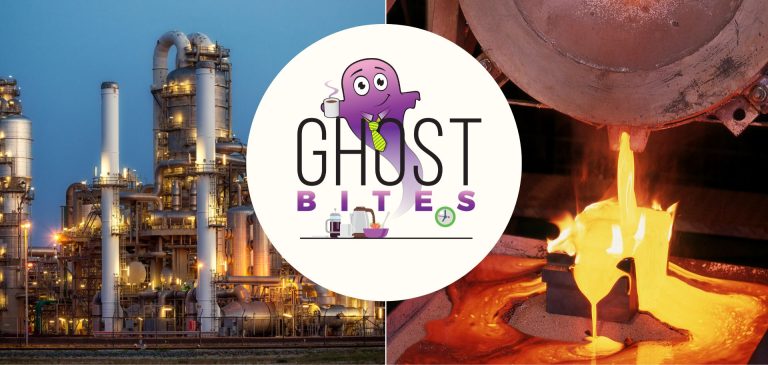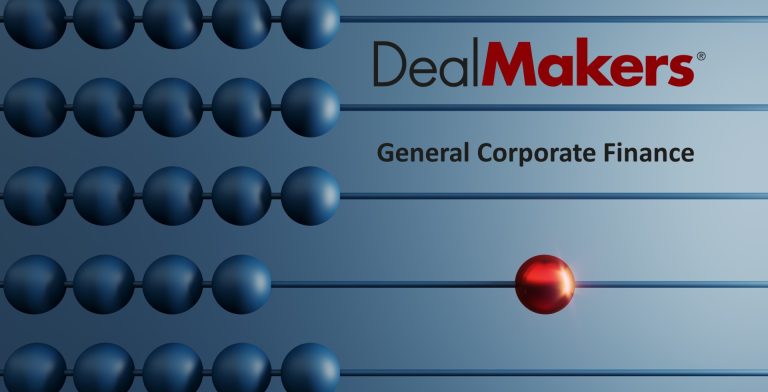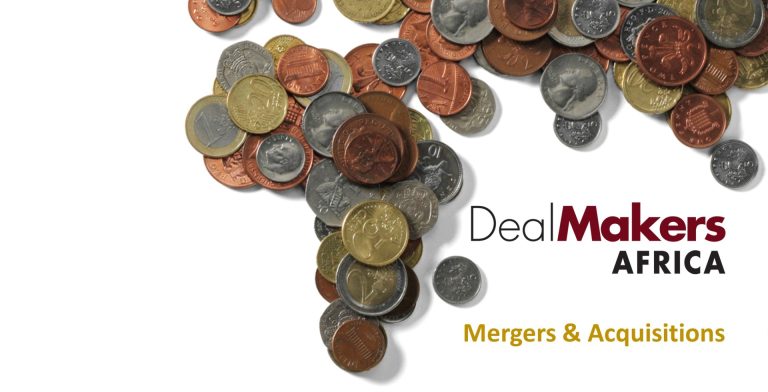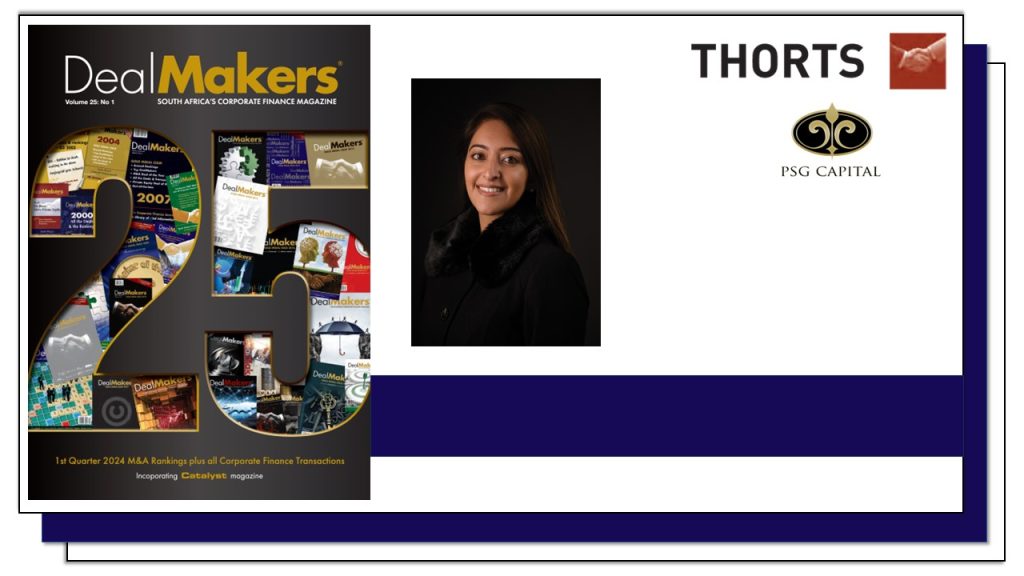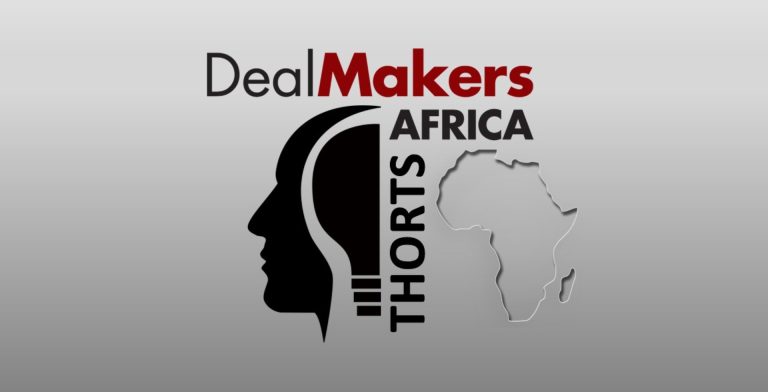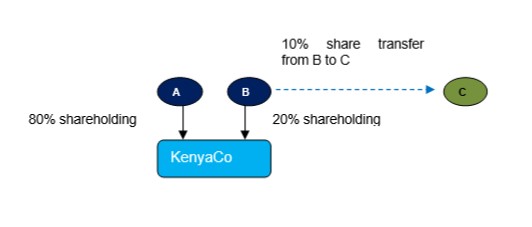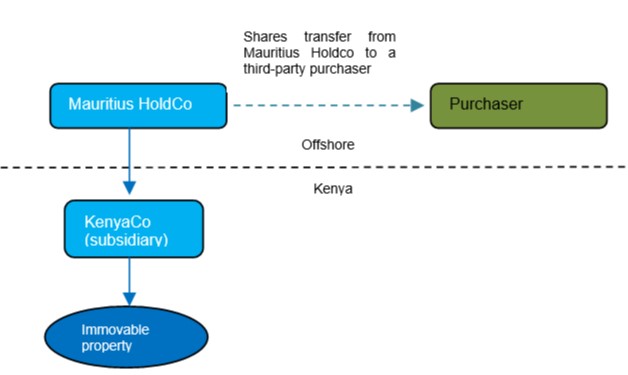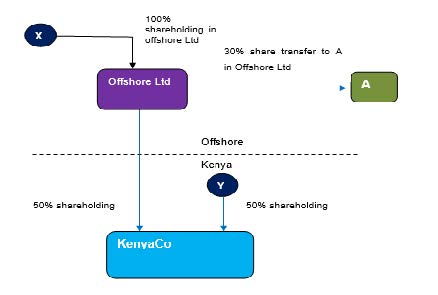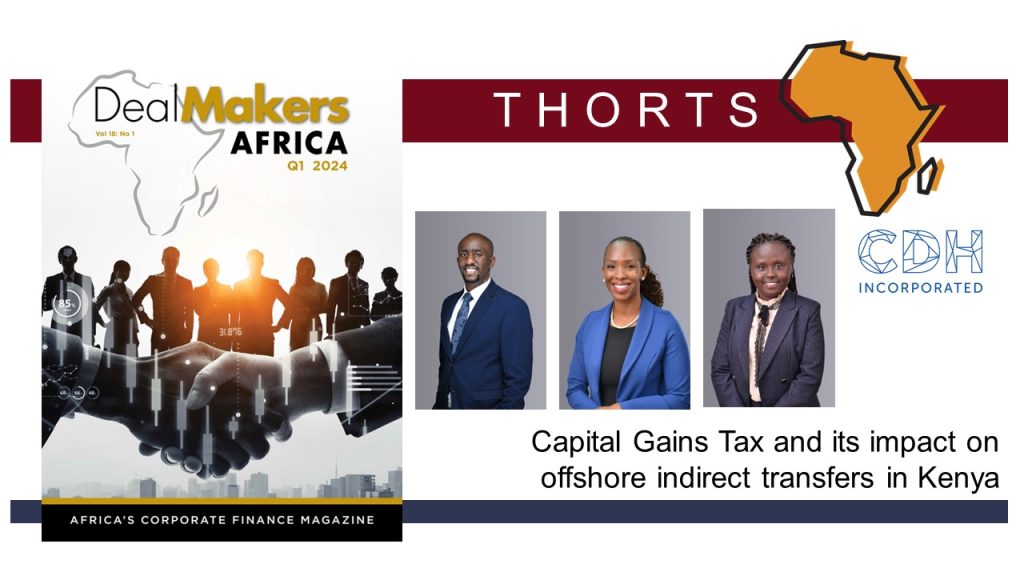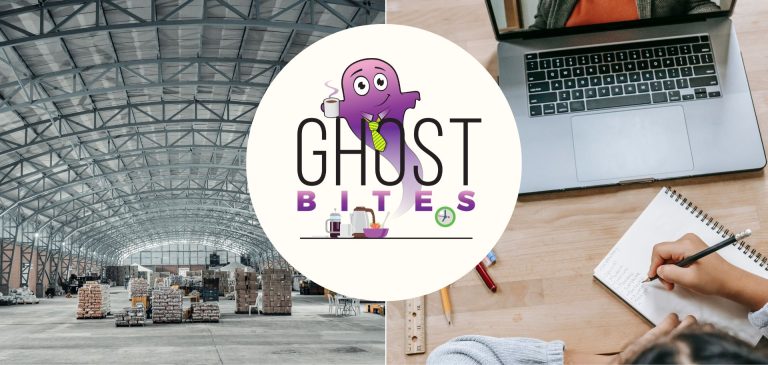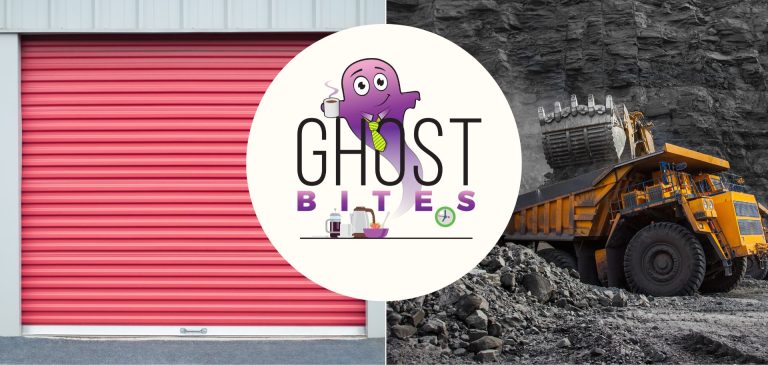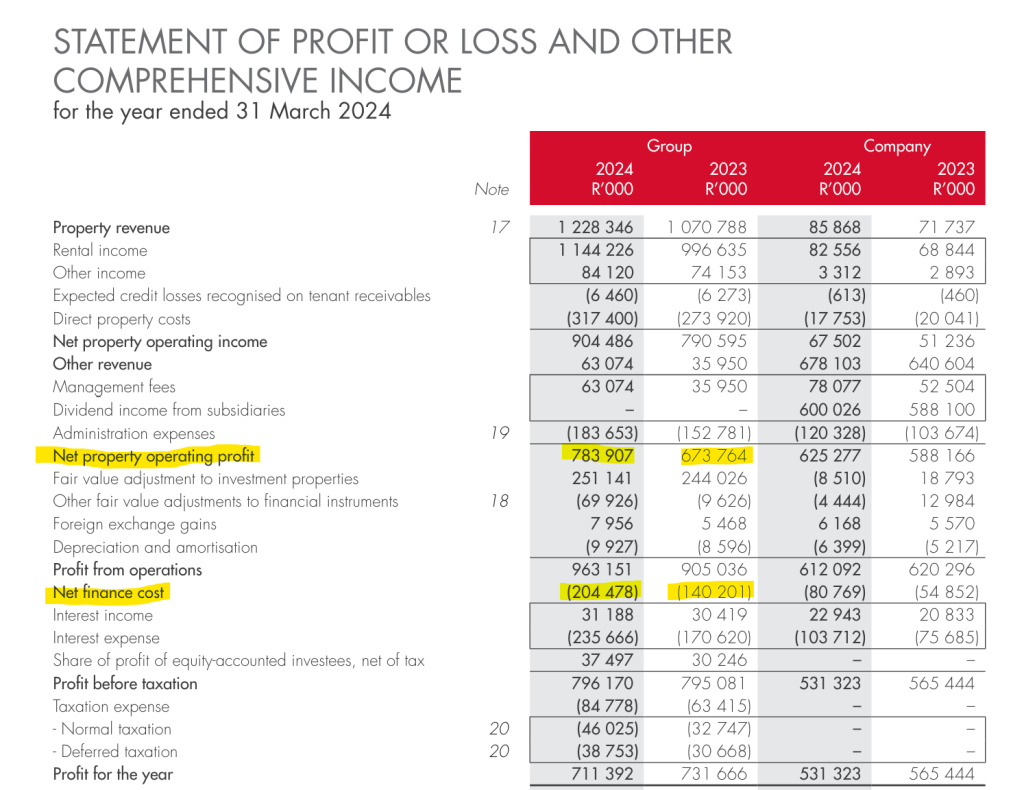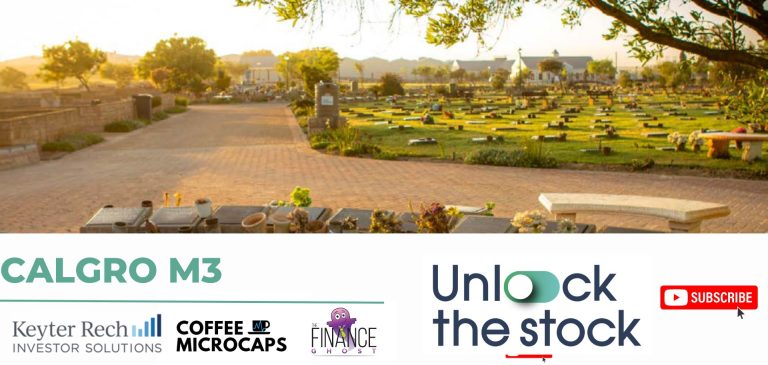As South Africa celebrates 87 loadshedding-free days, the feeling on the ground is that things can only improve for businesses across every industry. Well, perhaps not every industry.
I read a statistic the other day that made me simultaneously happy and sad. Everybody’s favourite loadshedding notification app, EskomSePush, has seen its active user base plummet from more than 3.2 million to 300,000 since the current loadshedding break started.
Of course this makes sense in the context of the service that’s provided. Personally, I don’t think I’ve logged on to the ESP app since March – probably around the same time I last charged my battery-powered lights. A precipitous drop in users of that scale can only be devastating for a free-to-use app that relies on advertisers to keep the lights on (pardon the pun). As traffic halts, so does the interest from potential advertisers. When I opened the ESP app just minutes ago out of sheer curiosity, there was one lonely banner ad on display – for solar installations, of course.
The reason that I was sad to read this statistic is because I’ve always had a soft spot for businesses that prove themselves to be adaptable. From the start, I’ve watched as the ESP team have taken what was a very basic idea and embroidered it with features to appeal to their audience. From calendar integration to home screen and lock screen widgets, expanded area coverage, area recommendations, AskMyStreet, water outage coverage and even a throwback Snake game, there seemed to be no limit of useful add-ons to the app. This clever thinking transformed something that we all had to use, and somewhat begrudgingly at that, into something that I actually wanted to use.
But will they be able to adapt their way out of their core use case vanishing (touch wood: permanently)?
The trouble with trends
Starting a business based on short-term trends or addressing transient problems can be perilous for entrepreneurs. In the defence of the team behind the ESP app, nobody expected loadshedding to just up and vanish overnight, so we can’t really say that they built around a “transient” problem in this case. The app reached 12.36 million downloads by the end of 2023, which also happened to be the worst year of loadshedding on record. To say that Eskom’s sudden turnaround (again, touching all the wood as I write this) was unexpected is a massive understatement.
While the allure of quick profits during periods of high demand is tempting, ventures that rely on that high traffic often prove to be unsustainable. When the trend fades or the specific problem is resolved, the business can swiftly lose its relevance, leading to a sharp decline in interest and revenue. It then comes down to whether they made enough money in a short space to time to justify all the effort.
This kind of short-term approach lacks a foundation in long-term value creation or adaptability, making it difficult to pivot or find new markets once the initial opportunity evaporates. For instance, a company that flourished by selling fidget spinners at the height of their craze will have faced a steep decline once the fad passed. Similarly, businesses that capitalised on temporary market conditions, like certain types of pandemic-related products (didn’t we all know an auntie who suddenly became a hand sanitiser stockist?), found themselves struggling as conditions normalised.
Another local textbook example of this is the great Prime hype of 2023. When the beverage created by YouTubers Logan Paul and KSI first went viral, some South Africans spent thousands of rands on getting stock into the country by any means possible. At the height of the madness, a bottle of Prime cost R800 locally – and demand was high even at those prices. Then the Shoprite Group managed to pull off a small miracle and secure a vast amount of stock. Before long, Prime was being sold in every Checkers from Kraaifontein to Kakamas at a much-more-affordable price of R40 per bottle. That’s still a ludicrous price to pay for what is essentially an Energade in disguise, but compared to its previous highs, R40 seemed reasonable – and people were willing to queue like it was 1994 (or 2024!) to get their Prime fix.
Fast forward into 2024, and the Prime craze has completely blown over. Where once there were moshpits, there are now bargain bins of surplus Prime, marked down to just R7 a bottle. That’s a 99% drop in price in just over a year from the hype prices and is even a nasty drop for Checkers.
Fortunately, the Shoprite Group is more than big enough to take that bath without falling over. That’s the difference between indulging in a trend and building your whole business around one.
Endings and beginnings
In the early days of this column, I wrote an article about what happened in the art world after the mainstream adoption of the camera. You can read the original article here, but the TL;DR is that the primary purpose of art before the camera was to produce accurate representations of things because there was no other way to do so. When the camera was invented it completely fulfilled that purpose in a way that was quicker, cheaper and more convenient than, for instance, sitting for five hours to have your portrait painted.
Many artists perceived this as the death of their industry. Like the ESP app, painting seemed to lose its use case overnight. An essential pivot was needed, and thankfully artists (being a creative bunch) found one. By focusing on what the camera couldn’t do nearly as well as a human being could, they managed to shift the purpose of art from pure representation to expression.
(In a karmic moment, the same film cameras that caused artists so much grief in the 1800s were overtaken by digital camera technology in the 1900s. The original disruptors, Kodak, were so unprepared for this industry shift that they became almost as irrelevant as the film cameras they once sold by the thousands. Disruption comes for us all.)
Moving on, the mechanical watch and horse-based transport are products of industries that survived massive disruption (via the quartz crisis and automotive technology, respectively) by accepting that they now appeal to a niche audience. There’s nothing wrong with a niche, if you can manage to carve one out for yourself. Demand may be lower, but you have fewer competitors (usually), and those who seek you out are often more committed to what you’re selling (and willing to pay a premium as a result).
Of course, you can only have a niche if there is still some use for your product. Digital and quartz-powered watches may reign supreme, but the underlying need to tell the time still exists, which is why mechanical watches are still being sold. From my perspective, I can’t say that I see a niche userbase in the future of the ESP app.
This generation’s Kodak moment
I can’t really write about disruption without thinking about my own business and my own industry at this point in time. This is an issue that I’ve been wrestling with for a few months now.
In 2023, a report from Harvard Business School, the Imperial College Business School and the German Institute of Economic Research examined 2 million online job listings across 61 countries from July 2021 to July 2023. The report found that since ChatGPT debuted in November 2022, demand for freelance writers has dropped by 30%. This research was done a year ago, before the launch of GPT4. I can practically guarantee that demand has dropped even more since then.
I’m not the only one in a pinch, according to the report: demand for freelance coders has dropped by 20%, graphic designers by 17%, and social media managers by 13%.
I’ve seen many writers in my industry lean into the trend in order to try to secure their incomes. They now offer prompt engineering services, or cleanup and “humanification” of AI-generated content. With AI regulation still a hot topic and some businesses actively distancing themselves from “unproven” technology, there’s still a question around whether AI is here for a long time or just a good time. Building a business or a product offering around it, in my opinion, is not that different from joining the mad rush to stock up on Prime. Sure, customers want it now. But are they going to want it this badly a year from now?
Is the answer to carve out a niche instead? I certainly hope so, as that is the route that I’ve taken. As AI fatigue starts to set in, readers might find a restful reprieve in writing that not only sounds human, but that showcases human thought. ChatGPT may be able to imitate my cadence if I trained it on enough examples of my writing, but at this stage it cannot link ideas in the same way that I do. It would have written this article without referencing the invention of the camera or the Prime craze, and I doubt it even knows what ESP is, or understands why South Africans formed such an attachment to an app.
Like the classically trained painters in 1816, my fellow writers and I stand at the edge of an industry today and gaze into the unknown. The great disruptor has found us, and the way before us is unclear. Fortunately, like the artists that executed their brilliant pivot all those centuries ago, we are a creative bunch. I’m sure we’ll figure something out.
As for ESP… well, I’m not sure if there’s much room left for innovation there, unless loadshedding makes a sudden comeback. I guess sometimes things just end.
About the author: Dominique Olivier

Dominique Olivier is the founder of human.writer, where she uses her love of storytelling and ideation to help brands solve problems.
She is a weekly columnist in Ghost Mail and collaborates with The Finance Ghost on Ghost Mail Weekender, a Sunday publication designed to help you be more interesting.
Dominique can be reached on LinkedIn here.


